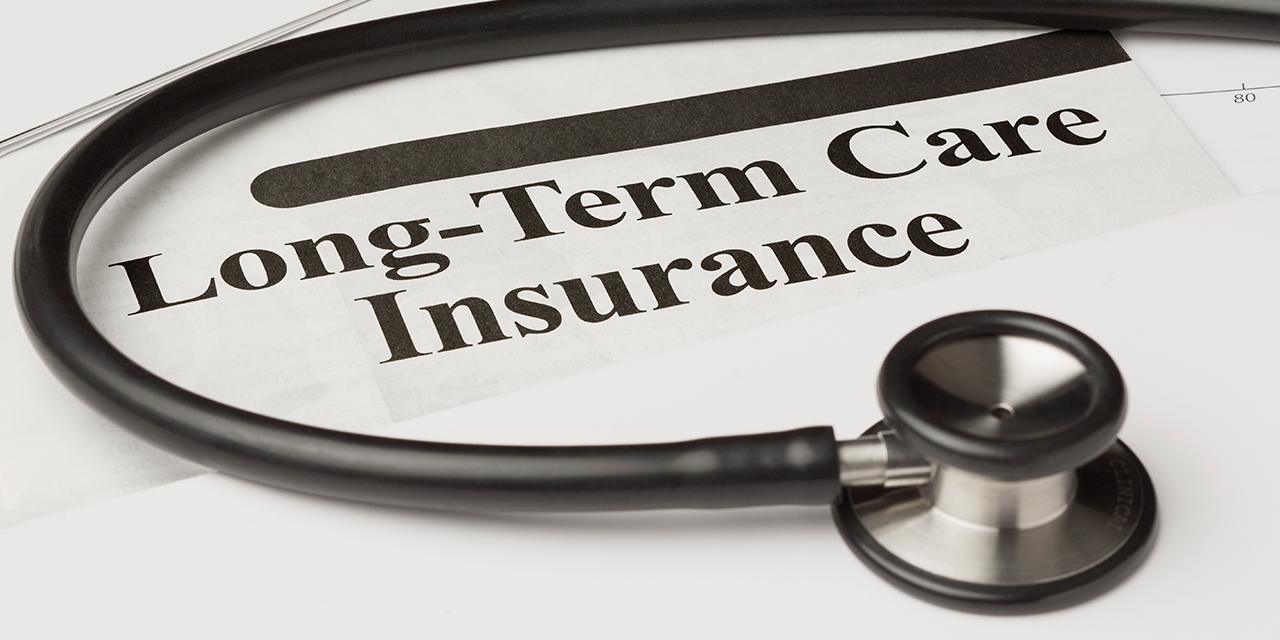
"I’m Not Getting Older – I’m Getting Better!"
Why turning a blind eye to aging risks your financial well-being – and what to do about it.
When we’re young and spry, we tend to downplay health issues – most of the time we figure we’ll be back to full health in short order. As we get older, though, that reality starts to change: Maybe we don’t bounce back from injury as quickly, maybe we ignore certain warning signs found in tests we can’t perform at home, or maybe any physical or cognitive decline is so slow that we don’t even notice it.
Whatever the reason, downplaying the ravages of age jeopardizes not only our ability to live long and healthy lives but also our financial well-being. That’s why we need to treat aging like we would any other predictable life event – we need to plan for it. Here are five ways we can prepare financially for the inevitability of aging:
- Evaluate your family medical history and lifestyle. Many conditions, including heart disease, diabetes and some cancers, are grounded in genetics and lifestyle. By learning the medical history of your parents, grandparents and siblings, you can stay alert to and potentially prevent many age-related disorders that are expensive to manage. For both your physical and financial health, it’s far better to be proactive with regular screenings and checkups (which typically are covered by insurance) than to have to pursue treatment after the fact.
- Plan on needing long-term care. According to the Department of Health & Human Services, 60% of Americans will need care at some point in their lives to help meet their personal needs. The costs of long-term care will vary by need, from $20,000 per year for adult day care to over $100,000/year for a private room in a nursing home. Medicare coverage for long-term care is extremely limited, in terms of both services covered and length of coverage, so you should have a plan in place for paying for care you’ll likely need. Long-term care insurance is an option worth exploring – especially at middle age, when you’re likely still young and healthy enough to qualify (see below).
- Max out your HSA. If you have a high-deductible health insurance plan, you probably have access to a health savings account, which is a savings and investment account specifically for healthcare expenses. HSAs are one of the most tax-friendly vehicles available to build wealth: Contributions to an HSA lower your tax liability, grow tax-deferred over time, and can be withdrawn for healthcare expenses tax-free. HSA balances can be carried forward year after year, making it easy to start building a nest egg now for future age-related healthcare expenses.
- Revisit your insurance plans. While insurance is something people often set-and-forget, it’s worth reviewing your existing coverage and needs, especially as you reach the midpoint of your career. Many policies require a physical before coverage can begin, which often makes policies unavailable or prohibitively expensive for older or sicker adults. Pay special attention to long-term care, disability (which replaces a portion of employment income in the event you become too sick or injured to work), life and supplemental insurance. This could be a good opportunity to review any term life insurance policies you might have: If you took out a policy designed to pay off a mortgage, for example, but that mortgage no longer exists, you might find your coverage out of step with your needs.
- Keep a positive attitude. When it comes to aging, are you more a Tigger or an Eeyore? Studies examining perceptions on aging found that individuals who had a more positive outlook on getting older lived 7½ years longer and had better functional health than those with a negative outlook. When it comes to your health, it turns out expectations can influence outcomes.
The sad truth is, as much as we might want to remain 29 forever, we are probably going to experience physical or cognitive decline as we age. But treating such a decline doesn’t have to set you back financially. Your Baird Financial Advisor can work with you to create a comprehensive financial plan for aging to keep you covered no matter what life has in store.
The information offered is provided to you for informational purposes only. Robert W. Baird & Co. Incorporated is not a legal or tax services provider and you are strongly encouraged to seek the advice of the appropriate professional advisors before taking any action. The information reflected on this page are Baird expert opinions today and are subject to change. The information provided here has not taken into consideration the investment goals or needs of any specific investor and investors should not make any investment decisions based solely on this information. Past performance is not a guarantee of future results. All investments have some level of risk, and investors have different time horizons, goals and risk tolerances, so speak to your Baird Financial Advisor before taking action.


